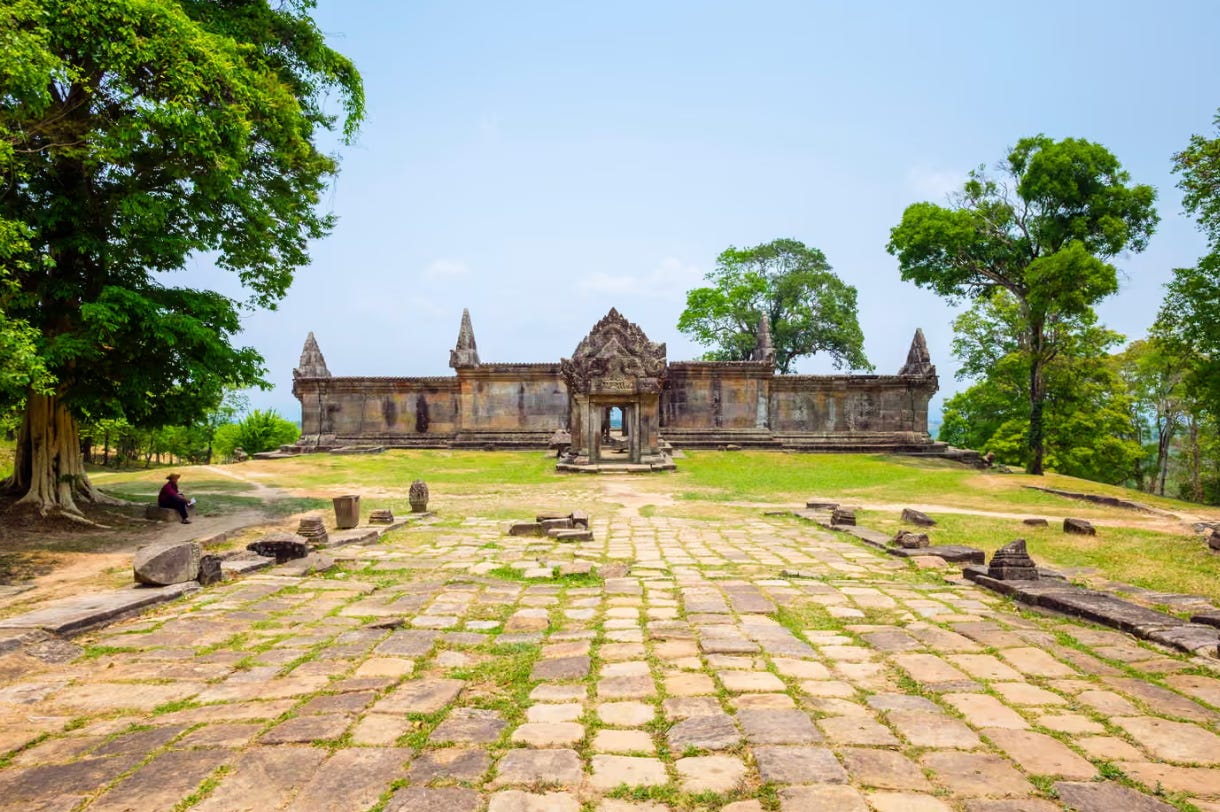🚨 Digital Nomads Alert
Rising Cambodia–Thailand Border Conflict and What It Means for You

Current Situation
A sharp escalation in armed clashes between Thailand and Cambodia has erupted along their shared border, centred around long‑disputed zones in Thailand’s Surin, Sisaket, Ubon Ratchathani prov…



